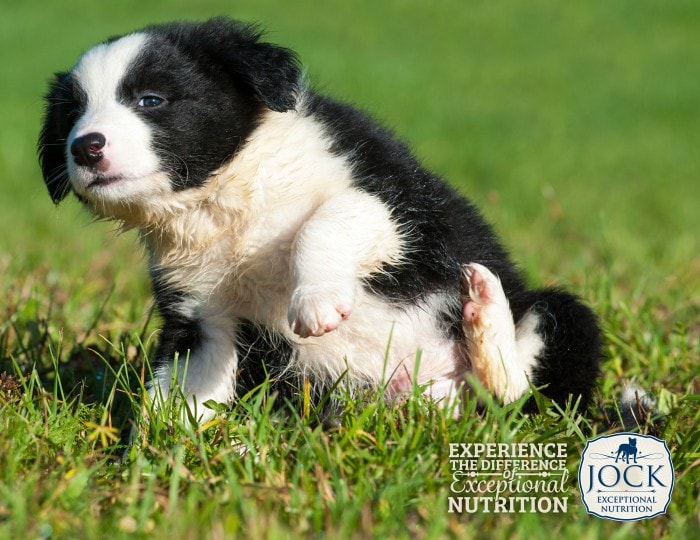As dog owners, the heartbeat at our feet relies on us to keep them healthy. Naturally, they haven’t the foggiest about what worms are, and that they may be infected. As worms are one of the most common health problems in dogs, it is our duty to inform ourselves about these nasty little parasites, so we can take the necessary precautions. We spoke to our expert vet, Dr. Ockert Botha (BVSc) to find out more.
Worm types and where dogs pick them up
Worms feed mainly off the nutrients and blood of their hosts and are generally found in the intestinal area. The main culprits are roundworms, hookworms, tapeworms and whipworms. Some, like the hookworm, are as small as 0.5cm in length and translucent in appearance. Others, such as the round- and tapeworms, resemble cooked spaghetti noodles or rice grains, and can grow from 2cm to as long as 250cm.
Tapeworms are picked up by dogs from fleas, which carry the immature stage of the worm. Other types are contracted from ingesting the eggs laid by these worms and excreted in faeces, which contaminate the environment. Puppies can also get worms from their mother, because larvae can cross the placenta or be passed on when they suckle.
Coming into contact with contaminated soil, licking themselves or other dogs, as well as grooming are further ways in which your dog can become infected.
Symptoms
If left untreated, worms can damage your dog’s internal organs and may also lead to anaemia and even death. Changes in behaviour and appearance may often be indicators that your dog has contracted worms, and should not be taken lightly.
The most common behavioural symptoms of a worm infection are diarrhoea and/or blood in the stool, frequent coughing and vomiting, change of appetite, lethargy, as well as itching and signs of skin irritation. Changes in physical appearance that may signal a worm infection are a distended abdomen, as well as a dull coat.
Prevention and treatment
Even healthy looking dogs can carry worms, as recently infected individuals often show no outward signs. Regular flea treatment is a must, plus making sure that your dog avoids environments contaminated with worms.
If you suspect your dog might have worms, your veterinarian can do a specialised faecal analysis to check. They are also the best person to advise you on how to deworm your dog and which products to use. Generally speaking, good deworming products are usually only available from veterinarians. Although more expensive, they are far more effective than the ones available in the shops. Note that puppies should be dewormed as a matter of routine. Once again, it is best to check in with your veterinarian regarding this.
Other prevention methods include the disinfection of food and water bowls, maintaining the cleanliness of your dog’s housing area, as well as cleaning up after your furry friend.


